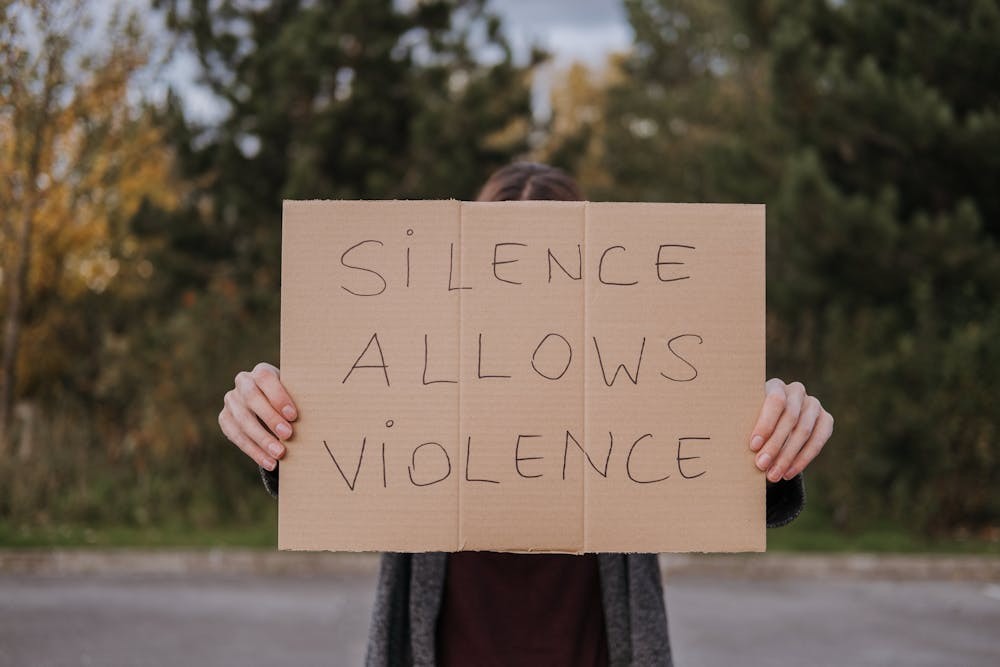Every November, Canada stands in silence, repeating words about sacrifice and remembrance. Yet the rituals of honour have begun to feel like rituals of denial. We commemorate courage while repeating the same mistakes that produce harm in every generation: neglecting care, starving foresight, mistaking austerity for wisdom. I used to think this was a moral failure, but it may be something blunter—a total absence of strategy.
The false economy of education
Our governments—federal, provincial, municipal—operate like rival departments in the same collapsing company. Each protects its budget, its optics, its jurisdiction, while the roof caves in over the people inside. The education system, especially, functions on a false economy: it withholds essential supports from children in the name of efficiency, then spends exponentially more managing the fallout. We call this fiscal prudence. It is, in truth, economic malpractice. Every unsupported child becomes a downstream cost—mental health, injustice, poverty, lost productivity—but because the loss accrues slowly, the architects of austerity escape blame.
The real consequence of underfunding education is moral as much as financial. Children learn what a society values from these structures. When students with disabilities are excluded, neglected, or contained, they inherit a lesson about their worth that outlasts any curriculum. This is generational harm.
-
What would it really cost to fix the problem?
We talk so much about the cost of inclusion—as if it’s indulgent, optional, something that must be justified—but we rarely talk about the cost of exclusion. And those costs are everywhere: in emergency rooms, in overburdened case files, in classrooms where distress goes…
The drift of defence
The same pathology governs our defence policy—different theatre, same script. We pour billions into hardware while our strategic purpose atrophies. The goal is no longer peace or stability but perpetual readiness, a performance of vigilance that substitutes motion for meaning. Our soldiers, like our teachers, are sent into untenable conditions with slogans instead of support.
Canada’s military is a modest one by global standards—less an independent force than a participant in collective ventures. We call ourselves peacekeepers, but our engagement ebbs and flows with the interests of larger allies. Sometimes we intervene; sometimes we abstain; rarely do we lead. The result is a strategic drift that mirrors our domestic governance: moral impulses without sustained investment, humanitarian rhetoric without coherent direction. We respond to crises we did not prevent and fund programs we do not define. In both theatres, moral injury festers. When people are forced to act against their conscience or intuition for the sake of policy, the damage is not only personal—it is civilisational.
Bureaucratic self-sabotage
The phrase “penny wise, pound foolish” understates the absurdity. These are not minor miscalculations; they are acts of collective self-sabotage disguised as stewardship. We have built bureaucracies that punish initiative, reward compliance, and mistake cruelty for rigour. A child denied an aide at seven becomes a teenager in crisis, an adult in survival mode, a taxpayer funding the system that failed them. A soldier trained without purpose becomes a veteran haunted by orders that never made sense. We keep manufacturing harm and then funding its repair as if the loop were inevitable.
The hollow philosophy of efficiency
The problem is not merely budgetary; it is philosophical. We have no coherent definition of success. Our institutions run on inherited scripts—efficiency, productivity, growth—without ever asking what those words serve. Education has lost its moral horizon; defence has lost its moral centre. Both confuse control with care. Both consume the human spirit in the name of order. And both will bankrupt the future while insisting they are saving it.
Remembering as strategy
Remembrance should not be about glorifying sacrifice but about learning strategy from suffering. If we remembered well, we would see the pattern clearly: nations fall when they mistake austerity for strength, when they treat foresight as extravagance, when they cannot imagine compassion as infrastructure. A strategic country invests in coherence. It funds the moral work of maintenance—the systems that keep people whole. Anything less is empire foolishness—hollow budgeting detached from the reality of human need.
Add your perspective
If you’ve served, studied defence policy, or lived the contradictions of these systems firsthand, I’d value your insight. I welcome disagreement.
-
In genocide and the classroom: the routinising of distress
A meditation on how institutions train people to ignore suffering—how desensitisation, scarcity, and forced optimism erode empathy and make harm seem ordinary.








